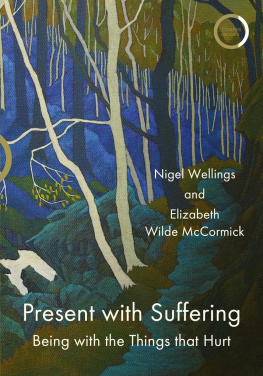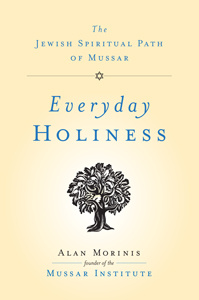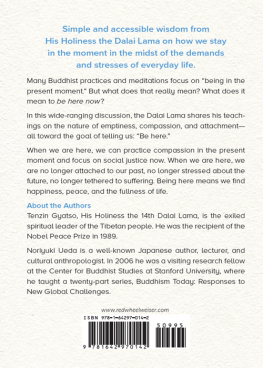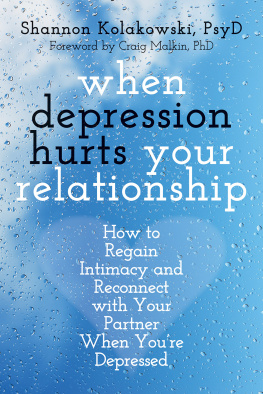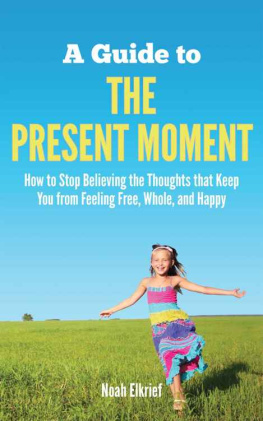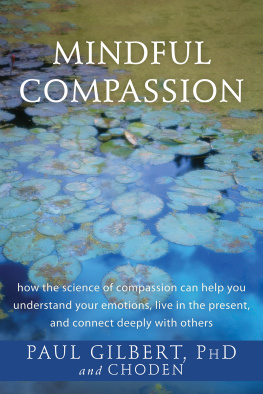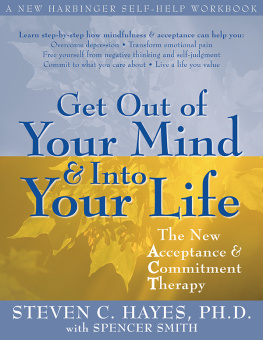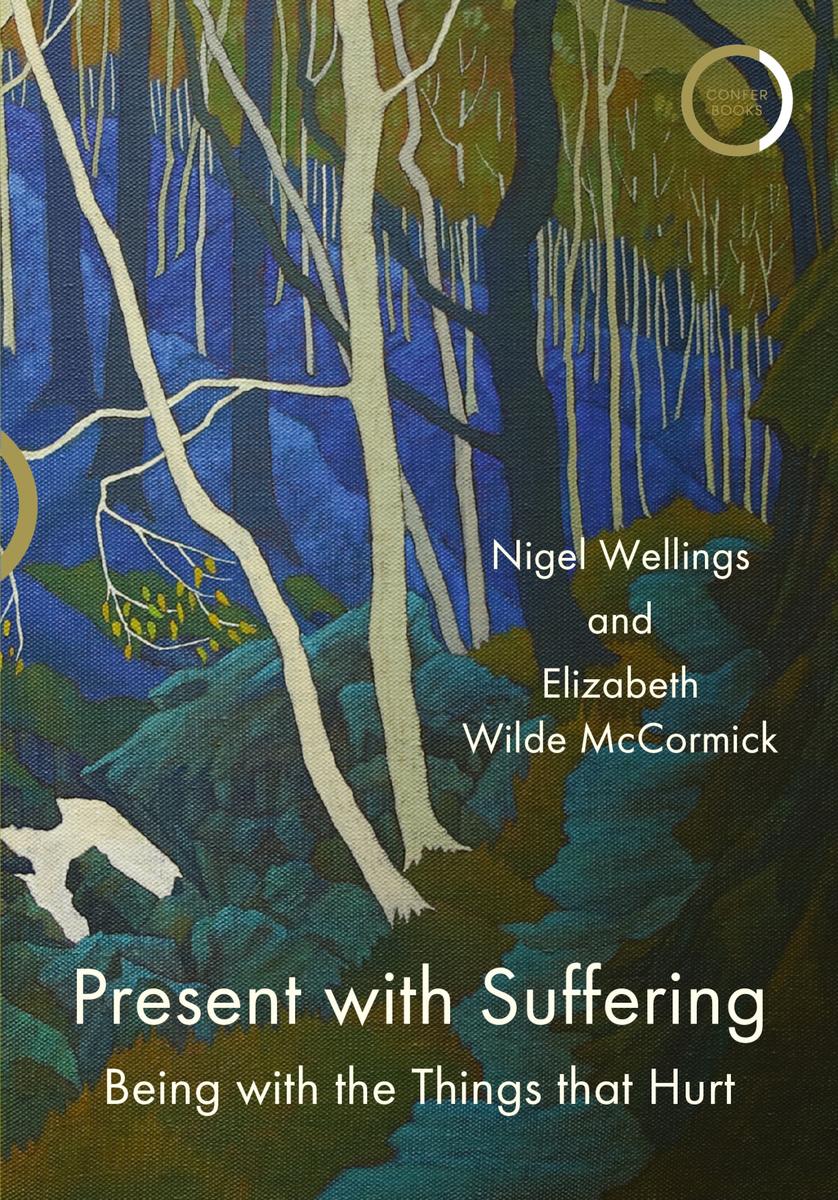ix
by Henry Schukman
Robert Frost once said that a great poem is like an ice cube placed on a hot surface. It melts down upon itself, never shifting from its place. So the poem rests in and on its subject, and settles down into itself, until it is done.
Something analogous happens in Buddhist practice. The great mercy of Buddhism is that it places suffering at the centre. Nothing extraneous, nothing imaginary, nothing grand: just lets fully address suffering. Its a little like Chekhov said: that a story is fulfilled not when a problem is solved, but rather when it has been fully explored. So Buddhist practice invites us to fully explore suffering, our own and others, but generally starting with our own, until its origins have been clearly recognized, and its nature fully accepted.
The promise of this kind of practice runs something like this. Find your suffering, come to know it well and accept it, and compassion will naturally arise the very compassion that melts the suffering from within. Suffering, rather than being the problem, is also in a sense the solution. If fully entered, embraced, allowed, above all through the practice x of mindfulness, whereby we come to know it as sensations in the body, it becomes its own path of healing and awakening.
To many of us who have come to explore Buddhist-inspired practices, the possibility of addressing suffering our own and others in this direct way, with the kinds of support and guidance the teachings encourage and offer, turns out to be a magnificent act of kindness. Rather than having to take on beliefs or sign up to unproven creeds that may exclude many, or wait for magical, other-worldly succor, the teachings reveal that to know what our pains, losses, hurts and agonies are, as actual phenomena in the here and now, without rejecting or resisting them, can not only marvelously reduce them, but also lead us to the kinds of liberation and realization the traditions speak of.
Present with Suffering is a wise and compassionate book, a compelling double-act between two deep practitioners, both of them therapists and teachers, who have found solace and healing by looking into the last place we might want to look namely our suffering itself. Through having thoroughly accepted their own hurts and griefs, they can speak from the depths of experience. Liz Wilde McCormick lost her beloved partner at a relatively young age, and the heartbreak that followed eventually turned, through her practice, into xi profound heart-opening. Nigel Wellings points us to the marvel of emptiness as known in Mahayana Buddhism, that is the liberating treasure hidden within the pain of emotional emptiness, in which many of us may at times find ourselves stranded. Again, through non-rejection and non-resistance of that second kind of emptiness, namely the emptiness of distress and despair, and instead through allowing them, we can come to taste the boundless loving awareness that is a property of the other kind Buddhisms miraculous emptiness.
In the case of either approach, the isolation of emotional distress gradually opens to the healing power of connection. The frozen heart thaws and opens to others. Emptiness turns from solitary anguish to the liberative experience of boundless openness, which reveals a universal connectedness. The deep core of our being is touched into new life. And equally, in both cases, the entry to this renewal is through the pain of suffering itself, which both of these authors and trail-makers have gone through, and come to know intimately. They map their paths, and give us practices to point us along the deep, old ways they have found.
The pledge of Buddhisms first ennobling truth is fulfilled here. Suffering exists; accept that, stoop under its lintel, rather xii than refuse it, and we find an endless path of healing opening before us.
This book is a welcome and treasurable guide to finding that path, and to following it. Deep suffering, grievous loss, traumas old and new, all take a heavy toll on our mental health. How we can grow through them, rather than deny or seek to avoid them, is the great gift offered here. Read and be restored, renewed. Follow the practices outlined here, and find the heart opened, healed and awakened.
Henry Shukman, author of One Blade of Grass,
Guiding Teacher, Mountain Cloud Zen Centre,
Santa Fe, New Mexico, 2022
Contemplating a subject such as suffering in loss and bereavement calls on many deep personal recollections and influences. I am grateful to have begun this conversation on suffering with my friend Jane Ryan while we were walking our dogs along the coast path in Suffolk. Conversations bring our thoughts into conscious awareness and become the building blocks for further thought and investigation.
Many, many people have contributed to my writing in this book. I celebrate my work as a psychotherapist for over forty years and am grateful to all patients and supervisees who have shared their own suffering. Before this, when I was a volunteer with the Samaritans I learned the most basic and precious skill of sitting, listening and sharing emotional pain. I am grateful to my early teachers in psychotherapy particularly: Dr Tony Ryle, Barbara Somers, Dr Nina Coltart. To my wonderful friends and colleagues, many of whom read some of the sections of this text: Margaret Landale, Linda Hartley, Dr Wasyl Nimenko, Dr Andy Harkin and Annalee Curran. Thanks to Linda Hartley for permission to include her somatic practice on page .
Grateful thanks to the Suffolk Coastal sangha for our weekly meditations and deep sharing which has been xiv consistent these last fifteen years. For my many retreats with Thich Nhat Hanh and the Plum Village community. For the writings of Thich Nhat Hanh, Pema Chodron and Dale Asrael. Many thanks also to Henry Shukman for taking the time to write the foreword.
I owe a debt of gratitude to Nigel Wellings, my long-term friend, colleague and co-author. While writing this text I was in considerable pain waiting for a hip operation and became exhausted, something he noticed and kindly named. Our sitting together and conversations returned me to basic practice. That in all aspects of suffering we start where we are, we begin by just sitting and creating a space, breath by breath. Once I had returned to what I have known, experienced and written about, but forgotten in the drive to complete something, I was able to ponder more deeply on the process of writing and galvanize more energy. Nigel took over the writing of the introduction and edited some of the earlier section and I am deeply grateful to him and his wife Philippa as we all shared in the process of creating this book.
Elizabeth Wilde McCormick
After a lifetime of psychotherapy and Buddhism my gratitude extends to a very long list of people patients, students and teachers who are seminal to what is written here. But xv to keep it brief, first my wife Philippa Vick. We have always worked together, just about everything I write about here has come out of our collaboration. Furthermore, she has tolerated long hours of being an authors widow while I wrote her inspirations down. In fact it is she who introduced me to the Zen teacher Henry Shukman who has very kindly written the foreword to this book. Though I was very pleased when he said yes it was only a little later when I read his astonishing book,

